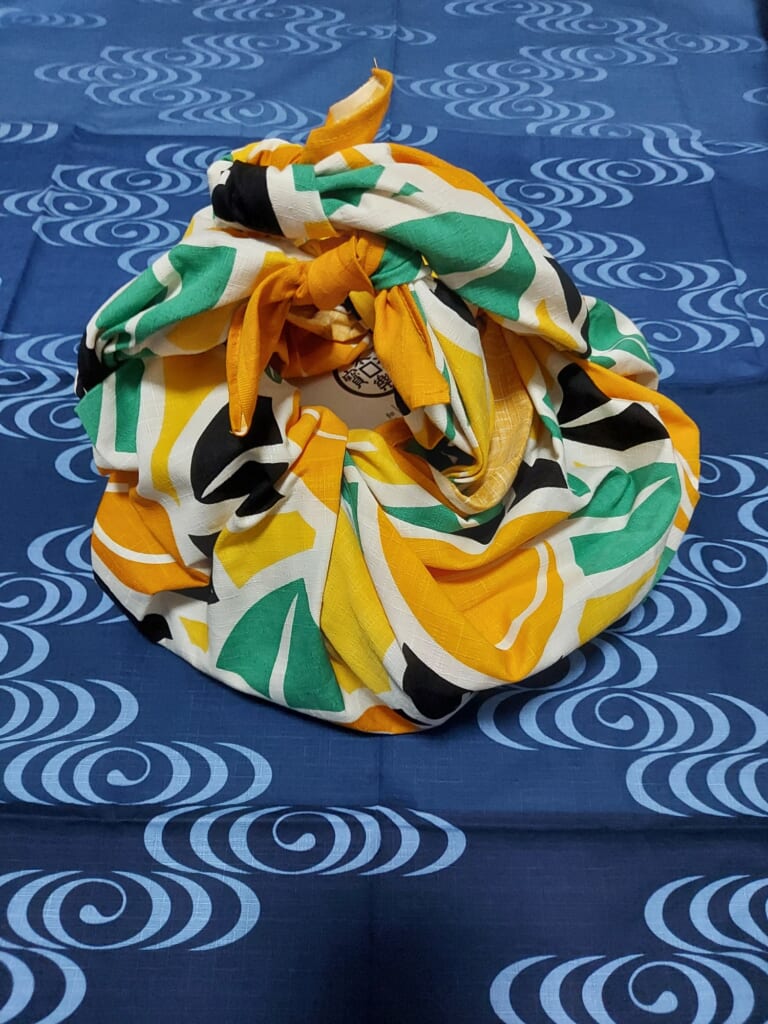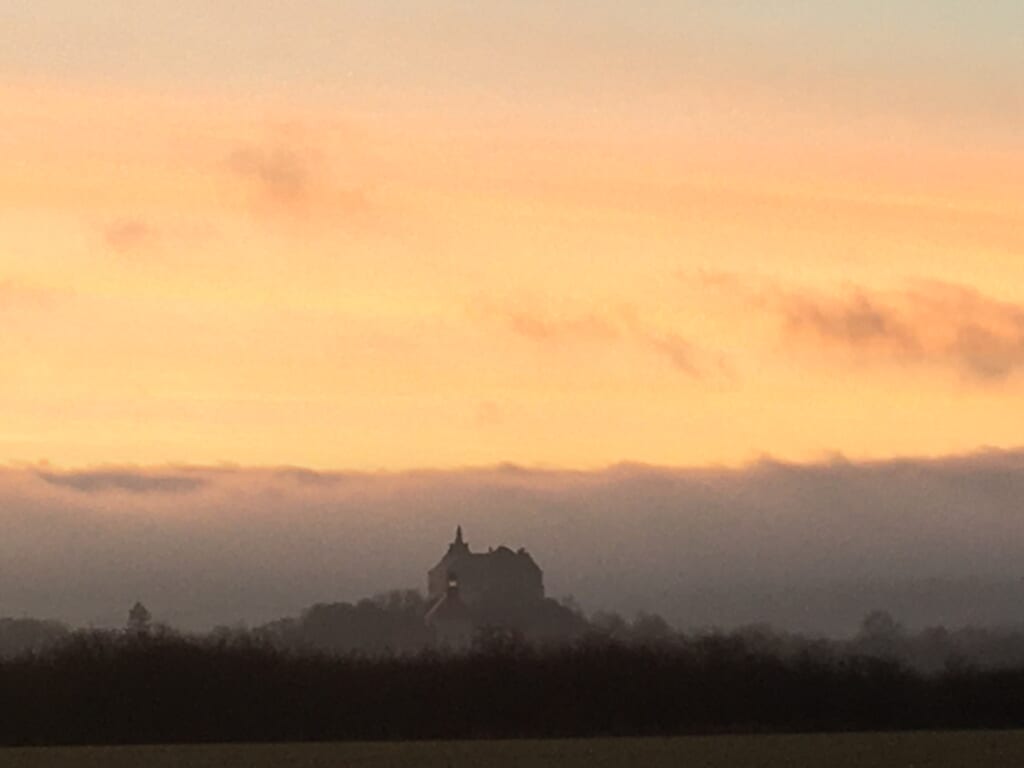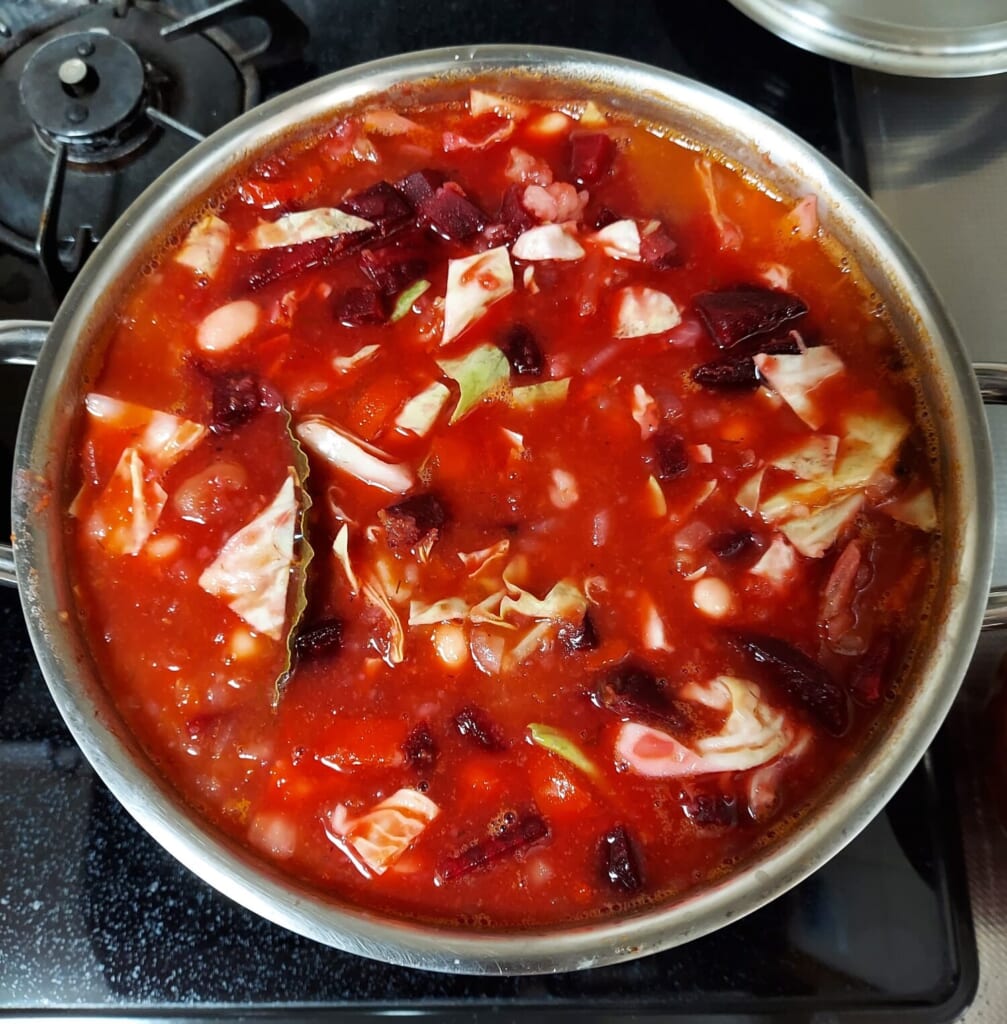
Death comes quickly in the Donbas.
‘Orcs’ shells take mere seconds to land.
Recovering dead bodies of ‘elves’ and ‘orcs’ soldiers.
Killed in combat in the Donbas.
He has lost count of the bodies over the past five months.
He thinks it’s more than 300, but he cannot be sure.
He and his men drive a refrigerated white van.
Marked with a red cross, to carry out their work.
They often drive towards danger to collect the bodies and remains.
Of dead ‘elves’ and ‘orcs’ troops and civilians.
“We work with no days off. Constantly.
We drive, we investigate, we transport, we search, all the time.”
Digging up the decomposing bodies of ‘orcs’ buried in shallow trenches.
Gathering their remains from burnt out armoured vehicles.
“It’s not about who is winning, it’s about who’s right.
‘Orcs’ came here and that was unforgivable.”
But it’s taking its toll on the living as well as the dead.
He hasn’t seen his one-year-old daughter for months.
“This war has ruined the life you had.
And the one you’ve been building.”
At the end of the day it all catches up:
“That feeling when you are empty inside. The unfillable void.”
Death comes quickly in the Donbas.
‘Orcs’ shells take mere seconds to land.
No respite from the sound of heavy shelling.
At a military medical station.
The chief medical officer describes as “fragile”.
The situation on the frontline in the Donbas.
A badly damaged military ambulance.
Riddled with bullet holes and torn to shreds by shrapnel.
Two more ambulances are waiting under camouflage nets.
They are ready to go to pick up the injured.
Death comes quickly in the Donbas.
‘Orcs’ shells take mere seconds to land.
Before volunteering to join the army.
She worked at a children’s hospital.
She wipes away tears as she talks.
About the family she’s now missing.
“The pain goes away, because you have a task:
To get a person to a hospital alive.”
“Of course it’s scary when a shell lands nearby.
Everything shrinks inside you.”
“Casualties almost every day, and not just one.
Sometimes many, sometimes a lot.”
Death comes quickly in the Donbas.
‘Orcs’ shells take mere seconds to land.
Just to keep some sense of normality.
A twenty-one-year-old exercises and listens to music.
Already a big shadow over her short life.
Her father and uncle are now prisoners in ‘orcs’-occupied Ukraine.
Trying her best not to let it get her down.
But it’s hard not to feel gloomy and depressed:
“Apart from the bullets flying over your head, wounded people.
And those wounded are often my friends and buddies.”
“If you’re taking it to heart it’s going to be tough.”
It’s the troops she treats who give her hope.
“The guys injured and exhausted don’t even want.
To go to hospital sometimes.”
“They say I’m not going to leave my mates.
We’re holding the line together.”
Death comes quickly in the Donbas.
‘Orcs’ shells take mere seconds to land.
*Because I read “Ukraine War: The Donbas body collector who has lost count” by Jonathan Beale, in Donbas, on 17 July 2022, on the BBC News, and also “Why are Ukrainians calling Russians ‘orcs’?” by James FitzGerald on 30 April 2022, on the BBC news.
So, I wrote this poem as a story of Aleksey, a story of Dr Anatoliy, a story of Tina and a story of Polina.
Please read the original story on the BBC news:
Ukraine War: The Donbas body collector who has lost count – BBC News
**My friend shows you this poem also on the Ukrainian website for their children and others!
Please join them!



